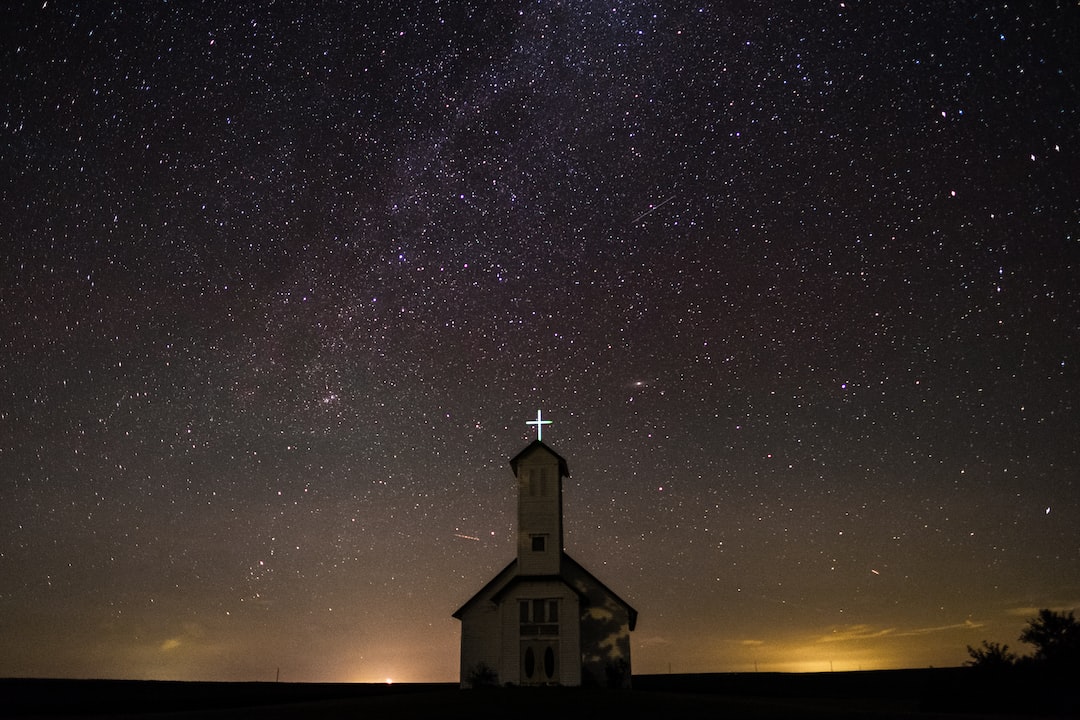
The link between faith and social justice
Share0Faith and social justice have always been linked, though the relationship between the two has evolved over time. In the most fundamental sense, faith calls on individuals to practice compassion and empathy, to focus on serving others, and to stand up for the oppressed and marginalized. As such, social justice is an integral part of that mission, demanding that we work to create a more just and equitable society.
For people of faith, social justice often begins with a commitment to the broader community. This might mean supporting policies that are designed to protect the rights of the marginalized, such as those that promote environmental protection, provide access to healthcare, or defend the dignity of all human beings. It might also mean advocating for social change at the local, regional, or national level, pushing for policies that address issues such as economic inequality or racism.
At the heart of social justice is a commitment to equality and fairness. Whether it’s ensuring that everyone has access to basic resources like food, shelter, and healthcare, or standing up for the rights of immigrants, people of color, and other marginalized communities, the work of social justice is driven by a deep sense of compassion and concern for others.
For people of faith, this compassion and concern is often rooted in a spiritual commitment to love and service. People of faith believe that everyone is created in the image of God, and that we are all called to treat one another with dignity and respect. This commitment to love and service is the foundation of social justice, and it’s something that can be seen in the work of many religious leaders and organizations around the world.
At the same time, faith also plays an important role in helping people to find meaning and purpose in their lives. Whether it’s through prayer, meditation, or other spiritual practices, faith provides a sense of grounding and direction that can help people to stay focused on the work of social justice, even in the face of adversity.
Ultimately, the link between faith and social justice is a deeply personal one. For each individual, the relationship between the two will be different, shaped by their own unique experiences, beliefs, and values. Yet regardless of their particular faith tradition, those who work for social justice share a common commitment to cultivating compassion, empathy, and a deep concern for the needs of others.
Today, as we continue to confront some of the most pressing social justice issues of our time, from climate change to racial injustice, the role of faith in this work is more important than ever. By working together, people of faith and those committed to social justice can create a more just and equitable world, one that reflects the values of compassion, empathy, and love that are at the heart of both faith and social justice.
